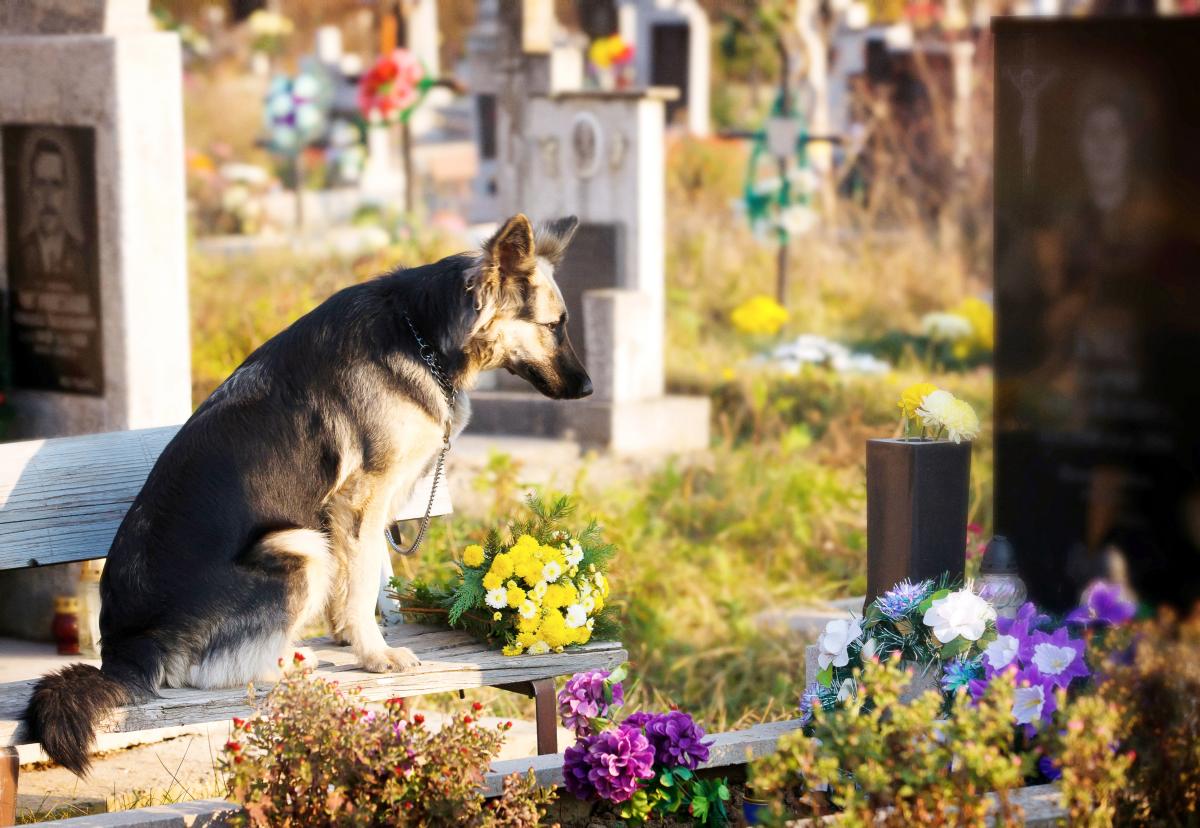How To Provide For Your Pet After You Die

To many of us, our pets are an integral part of the family. They comfort us and offer companionship throughout all the seasons of our lives. Just like your friends and family, your pets deserve to be considered when planning your estate. Therefore, it is important that you consider your pet’s long-term needs following your death. Whether you are able to provide financial support or simply appoint a responsible caretaker, you can act now to ensure your pet receives the care they deserve.
How are pets factored into estate planning? In terms of the law, your pet is considered your property and, like your properties and assets, will be inherited by your heirs or beneficiaries. If you are wondering how to incorporate your pet into your estate plan, the following information can help ensure they are cared for after your death.
Estate Planning for Pets: Your Options
What are your options for making sure your pet is cared for after your death? There are many ways you can go about estate planning for pets, including both informal and formal means. Exploring your options with the guidance of an estate planning attorney will help you choose the right option for you, your family, and your pet.
Specify Your Pet’s Caretaker
First, you must decide who will take care of your pet following your death. If you co-own the pet with another (i.e., a spouse), they will take on sole ownership of the animal. However, if you do not have a spouse, you will need to decide whether the animal should go to your children, siblings, nieces, nephews, parents, or friends. If someone in your family has a relationship with the pet or has shown aptitude in taking care of animals, they will likely be the best choice to take over your pet’s ownership.
Detail Your Plans in Letter or Will
You may choose to relay your plans to the appointed caretaker in an informal context, but you must also name your choice in writing. To make a legally binding appointment, you should name your chosen caretaker in your will. Additionally, if you would like to explain your reasoning for your choice, you may also include this information in an explanatory letter to your will. The more detailed you are, the more you can rest assured that your family and friends understand your intentions regarding your pet.
Set Up a Pet Trust
By providing financial support to your chosen caretaker, you can ensure your pet receives the appropriate care. To do so, you may choose to set up a pet trust. Pet trusts are legal documents that preserve a certain amount of your estate for the care of your pet. You will name a trustee of the trust (most likely the same person you have granted ownership of your pet) to use the trust for your pet’s food, shelter, and veterinary costs. This is especially important if you are leaving behind a young puppy or kitten or an animal with a long-expected lifespan (for example, a tortoise). Setting up a pet trust alleviates the financial burden on your pet’s new caretaker and will likely result in a higher quality of life for your pet.
Leaving Your Pet to an Organization
Do you believe that none of your surviving heirs would be a suitable choice to care for your pet following your death? If so, you may choose to leave your pet to an organization or shelter instead. Some adoption organizations specialize in different breeds and may be able to find your pet a suitable home quickly after your death. If you plan to leave your pet to an organization or shelter, it is important to clearly specify this in your will, or your pet will be inherited by your immediate heirs.
What Happens if You Don’t Make a Plan for Your Pet?
If you do not make a plan for your pet in your will, their fate will be decided by intestate succession. Depending on your state, this will mean that they will likely be inherited by a spouse, child, or other close family member. In most cases, this means that your pet will go to the person you would have chosen to take over their care anyway; however, if you intend for a specific individual to care for your pet, you must name them in your will or an explanatory letter.
Mistakes To Avoid
Like other aspects of estate planning, it can be easy to make mistakes when deciding how to provide for your pet after you die. The following examples are some common mistakes individuals make when planning for the care of their beloved pets after their passing. Contact an estate planning attorney to review your plans to avoid making any of these mistakes.
Leaving Money Directly to Your Pet
In the eyes of the law, your pet is considered property and a part of your estate. Because you cannot legally leave property to property, you will be unable to leave money directly to your pet. However, as stated above, this does not mean that you cannot set up a trust to be used for the care of your pet, but the trust will be passed over to your pet’s caretaker rather than your pet. The trustee will then be responsible for using the money in the trust for the care of your pet.
Failure To Specify a Caretaker
When you name the person you wish to care for your pet in your will or explanatory letter, it is important to be as specific as possible. For example, if you say only that your pet will be left to the care of your “children,” it may cause some confusion over who should take responsibility for the animal. Make sure you specify the exact person you wish to care for your pet and perhaps explain why they are the best choice. Any vagueness may cause stress and uncertainty for both your pet and your heirs.
Leaving Your Choice a Secret or Surprise
There may be elements of your will that you choose to keep private, but the ownership of your pet is best discussed beforehand. Taking on the care of an animal is a big decision that should be taken seriously by both you and the person you have chosen to care for your pet. Before you solidify your final decision, consider talking with your chosen caretaker to ensure they are willing and ready to take on the responsibility of caring for your pet. This way, the new caretaker of your pet will be able to mentally and financially prepare to take on pet ownership.
Failure to Detail Pet’s Special Needs
Many pets require specialized care, medication, or training. In some cases, the person you have chosen to care for your pet may not know about your pet’s unique needs or medical history. For example, if your pet has any medical conditions, it is important to notify their new caretaker so that they can continue to receive any necessary treatments. Additionally, any necessary information (for example, feeding aggression, aversion to other cats and dogs, or other behavioral issues) should be explained in detail. If these needs are not disclosed beforehand, your pet’s new owner may not be able to address these behaviors and/or medical issues.
How Can an Estate Planning Attorney Help?
Hiring an estate planning attorney will ensure your pet is included in the plans for your estate. Estate planning attorneys will help you at every step in the process of writing your will and dividing your property and assets. While you are not required to have legal representation to write a will, having a qualified professional review your bequests is in your best interests.
Are you in need of a qualified estate planning attorney to review your will (including plans to provide for your pet)? Expertise.com offers a legal directory of estate planning attorneys in your area. This free resource will connect you to estate planning attorneys based on your location. After you consult with an estate planning lawyer, you can make concrete plans for providing for your pet after your death.
Expertise.com StaffAuthor
Step into the world of Expertise.com, your go-to hub for credible insights. We don't take accuracy lightly around here. Our squad of expert reviewers, each a maestro in their field, has given the green light to every single article you'll find. From rigorous fact-checking to meticulous evaluations of service providers, we've got it all covered. So feel free to dive in and explore. The information you'll uncover has been stamped with the seal of approval by our top-notch experts.

David AndersonReviewer
David is a solo lawyer with a dedicated team. David is a former law enforcement officer and military veteran. David E. Anderson, PLLC provides estate planning and estate administration services. We strive to provide proper planning and advice, in a comfortable atmosphere, to our clients in an effort to establish a life-long relationship. Visit: www.davidandersonpllc.com




